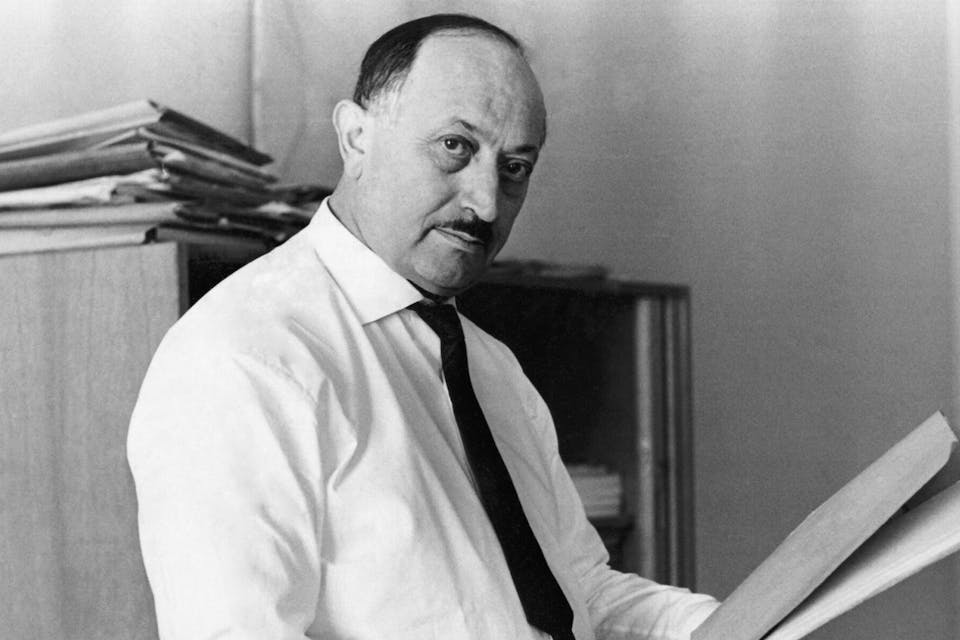
February 1, 2003
The Virtue of Hate
By Rabbi Meir SoloveichikHow hate can remind us of who we are dealing with.
In his classic Holocaust text, The Sunflower, Simon Wiesenthal recounts the following experience. As a concentration camp prisoner, the monotony of his work detail is suddenly broken when he is brought to the bedside of a dying Nazi. The German delineates the gruesome details of his career, describing how he participated in the murder and torture of hundreds of Jews. Exhibiting, or perhaps feigning, regret and remorse, he explains that he sought a Jew—any Jew—to whom to confess, and from whom to beseech forgiveness. Wiesenthal silently contemplates the wretched creature lying before him, and then, unable to comply but unable to condemn, walks out of the room. Tortured by his experience, wondering whether he did the right thing, Wiesenthal submitted this story as the subject of a symposium, including respondents of every religious stripe. An examination of the respective replies of Christians and Jews reveals a remarkable contrast. “When the first edition of The Sunflower was published,” writes Dennis Prager, “I was intrigued by the fact that all the Jewish respondents thought Simon Wiesenthal was right in not forgiving the repentant Nazi mass murderer, and that the Christians thought he was wrong.”
Indeed, the Christian symposiasts did sound a more sympathetic note. “I can well understand Simon’s refusal [to forgive],” reflects Fr. Edward Flannery, “but I find it impossible to defend it.” Archbishop Desmond Tutu cites the crucifixion as his source. Arguing that the newly empowered South African blacks readily forgave their white tormentors, Tutu explains that they followed “the Jewish rabbi who, when he was crucified, said, Father, forgive them, for they know not what they do.” If we look only to retributive justice, argues Tutu, “then we could just as well close up shop. Forgiveness is not some nebulous thing. It is practical politics. Without forgiveness, there is no future.”